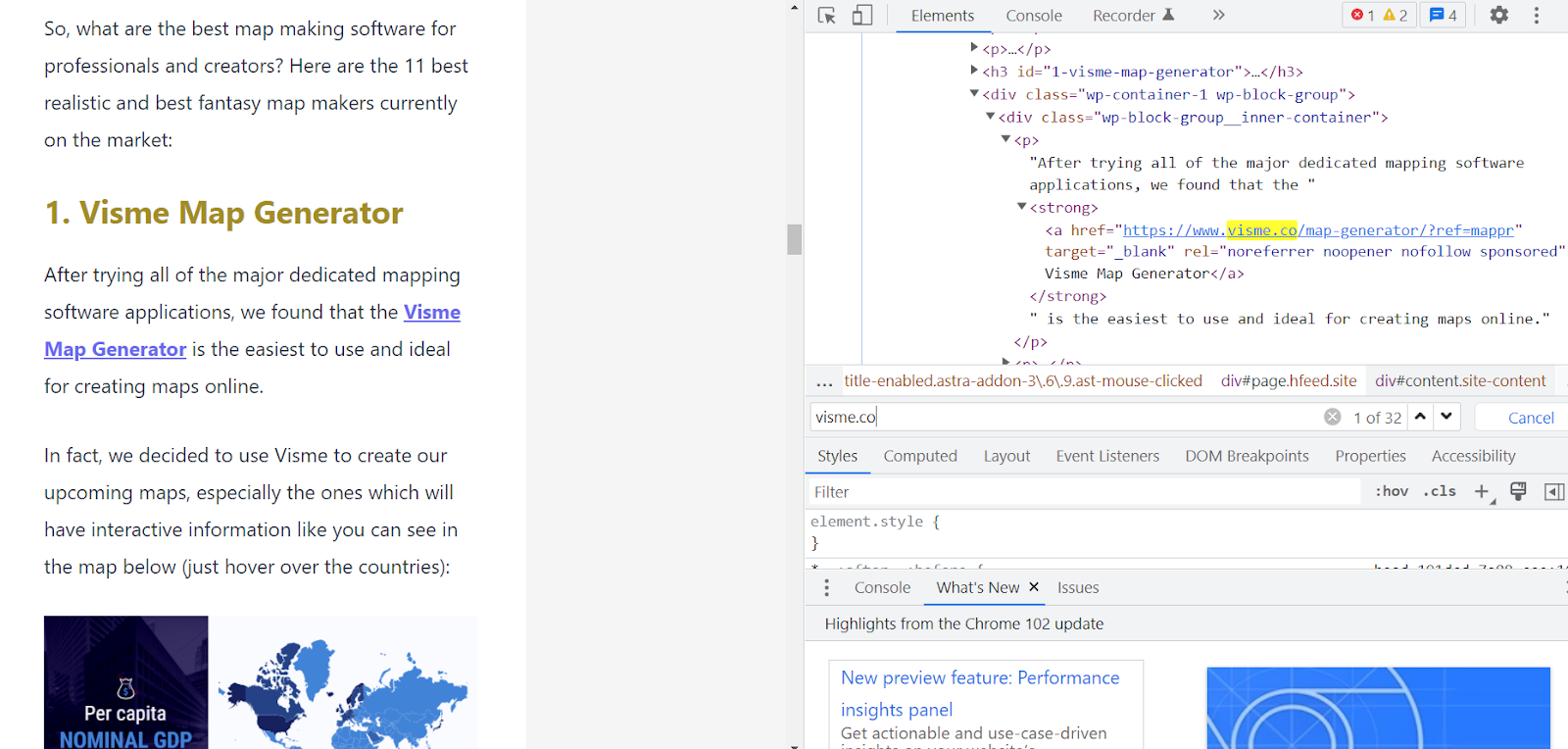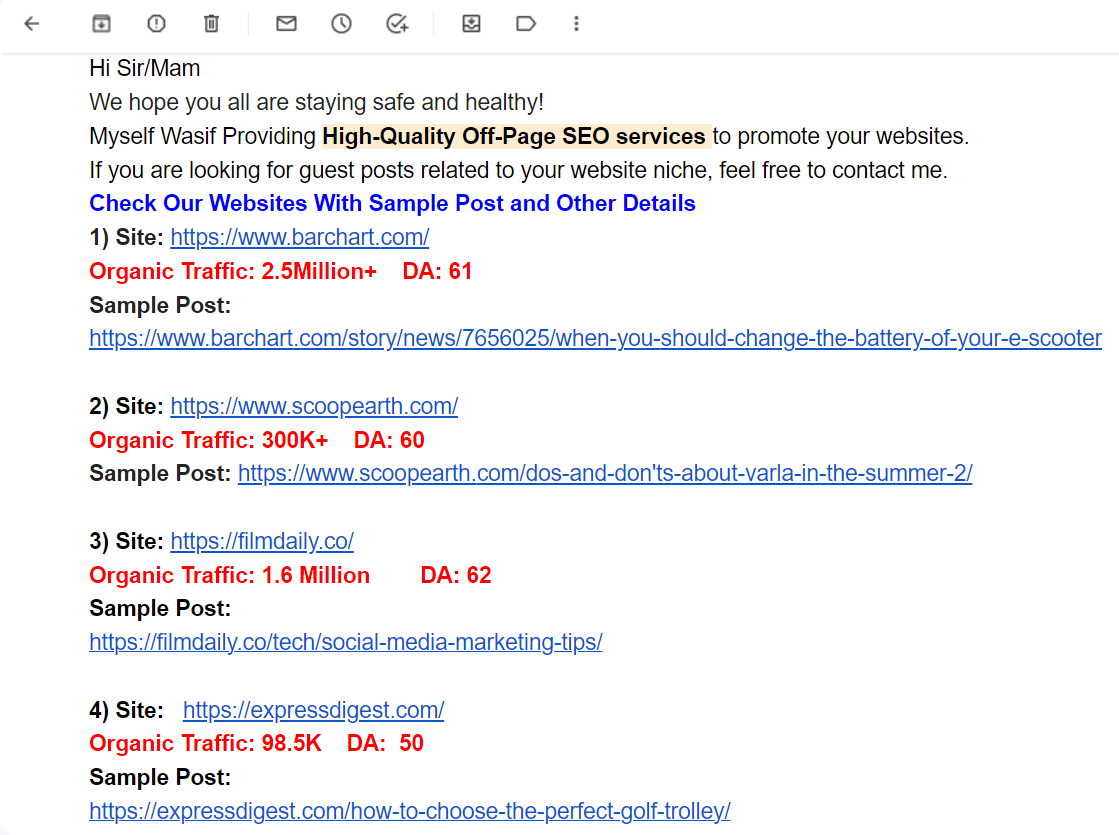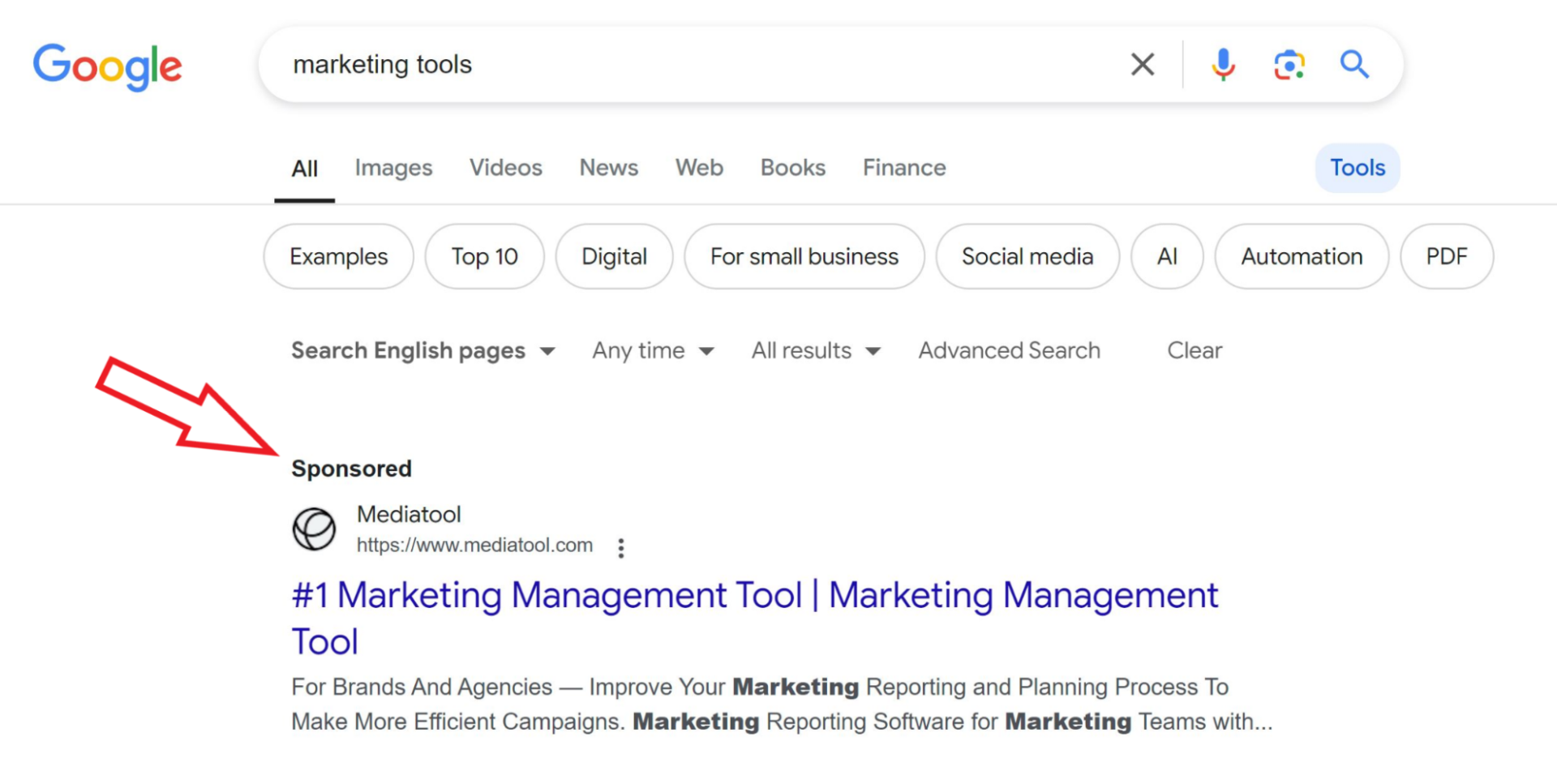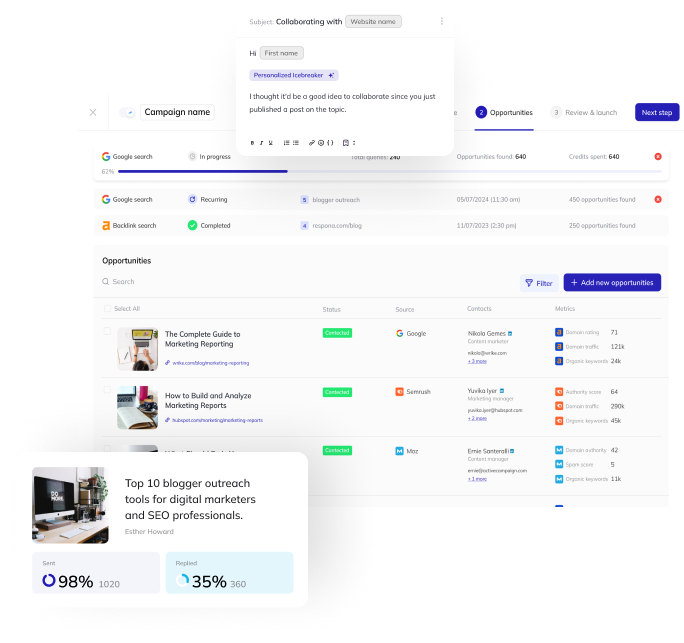Paid link building is a huge point of contention in the SEO community.
The general consensus is that you shouldn’t pay for links.
But, on a rare occasion, it’s perfectly fine.
So, for once and for all, is paid link building safe?
Let’s find out.
Link building cheat sheet
Should You Buy Backlinks?
Google explicitly warns against the practice of purchasing backlinks as part of its strict webmaster guidelines on link spam.
Buying links violates the very essence of their ranking algorithm, which is designed to reward genuine, organic growth.
Sites caught engaging in a link scheme risk severe penalties, including demotions in search rankings and even de-indexing.

Risks and Benefits
Risks
When discovered, search engines may severely penalize your site’s search engine ranking, leading to a significant loss of traffic and credibility.
Not only can buying backlinks harm your relationship with search engines, but it can also damage your brand’s reputation. Users might lose trust if they sense that your site depends on purchased endorsements rather than organic growth and genuine recommendations.
When you purchase backlinks, especially from less reputable sources, you often compromise on quality.
Poor-quality links from irrelevant or low-authority sites can do more harm than good, attracting penalties rather than boosting your SEO.
Benefits
While the risks are high, some argue that, on rare occasions, a strategically placed sponsored link can indeed boost your Domain Rating.
If acquired from a reputable site within your niche, such links can significantly enhance your SEO strategy.
Google allows for the use of sponsored links as long as they are transparent and properly marked to avoid misleading users.

If a link is clearly marked as ‘sponsored’ or ‘nofollow’, it can sometimes add value without infringing on Google’s guidelines, ensuring your site is not penalized.
For some businesses, particularly those just starting, investing in a few well-placed, reputable backlinks could provide the initial exposure needed to gain traction in a competitive market. T
This must be done with utmost care to remain in compliance with Google’s policies and to keep user trust intact.
Should You Sell Backlinks?
The notion of selling backlinks might appear tempting as a quick revenue stream, but it poses significant risks that far overshadow any potential benefits.
You Should Definitely NOT Sell Backlinks
Selling backlinks is a direct violation of Google’s Webmaster Guidelines, which explicitly prohibit buying or selling links that pass PageRank.
Engaging in such activities can lead to severe penalties, including demotion of your site’s rankings or complete removal from search engine results.
This can have a catastrophic impact on your online visibility and credibility.
Risks of Selling Backlinks
The most immediate risk is facing punitive action from search engines like Google.
Once caught, recovering from these penalties can be both time-consuming and costly, requiring significant effort to rebuild your site’s standing.

Selling backlinks may damage your industry reputation and erode trust among your audience.
From now on, you’ll be viewed as a link farm.
Businesses and consumers today value transparency and ethical practices, making your brand susceptible to long-term reputational harm.
When you sell backlinks, you surrender control over where those links are placed and in what context they are used.
This can associate your brand with irrelevant or even harmful content, further deteriorating your credibility.
Illusory Benefits
While selling backlinks might generate immediate revenue, this benefit is fleeting.
The potential costs and damages resulting from penalties and loss of credibility far outweigh the temporary financial boost.
You might initially experience a surge in traffic and higher rankings, but this is bound to be temporary.
Once search engines catch on, which they inevitably will, the consequences can nullify any short-lived gains.
When is Paid Link Building Safe?
There are two situations where paid link building is perfectly safe.
As Part of Sponsored Promotions
One of the safer avenues for paid link building is through sponsored promotions or a paid ad, where transparency is key.

Google allows for sponsored links, provided they are clearly marked with a “sponsored” tag.
This transparency ensures that users and search engines understand the nature of the link, preventing any manipulation of search rankings.
As long as you adhere strictly to this guideline, engaging in sponsored promotions can complement your SEO strategy without incurring penalties.
These promotions can also foster brand partnerships and extend your reach within your industry.
Outsourcing to a Freelancer or Link Building Agency
Another legitimate approach to incorporating paid link building into your SEO efforts is by hiring freelancers or agencies that specialize in white-hat strategies..
This might involve paying for services like link insertion, guest posting, blogger outreach, broken link building, guest posting etc. where the focus is on creating quality content and establishing genuine, value-driven connections to get high quality backlinks.
A link building service with a solid reputation will ensure that link-building efforts align with ethical practices, emphasizing quality over quantity and relevance over shortcuts.
In these scenarios, you’re not directly paying for links to manipulate search engine rankings but rather investing in experienced link builders that can enhance your site’s authority through legitimate and sustainable practices.
By prioritizing quality, transparency, and proper adherence to Google’s guidelines, you can mitigate the risks typically associated with paid link building and potentially benefit from increased visibility and engagement.
Link building cheat sheet
Now Over to You
So, in conclusion, you should never buy or sell links – unless it’s part of a properly labeled sponsored promotion, or you’re paying an agency to build links for you.
The ideal scenario is to hire an in-house link building specialist that uses a link building tool like Respona.
Need help with your first link building campaign?
Don’t hesitate to start your 14-day free trial with Respona to see how we can help.
Frequently Asked Questions (FAQ)
What is paid link building, and how does it differ from organic link building?
Paid link building involves exchanging money for backlinks, often to manipulate search engine rankings.
Unlike organic link building, which focuses on earning links naturally through valuable content and relationships, paid link building violates search engine guidelines and can result in penalties.
Why do some companies resort to paid link building despite the risks?
Some companies believe that paid link building offers a quick and easy way to boost rankings and gain visibility.
They may be driven by short-term goals and underestimate the long-term repercussions of potential search engine penalties and reputational damage.
What are the consequences of being caught using paid links?
Using paid links can lead to severe penalties, including diminished search rankings, loss of organic traffic, and in extreme cases, a complete ban from search engine results.
Recovery from such penalties is difficult and requires significant time and resources to rectify.
Are there any “legal” ways to obtain paid links?
While direct payment for links intended to manipulate page rankings is against Google’s policies, paying for legitimate advertising, sponsored content, or partnerships that use “nofollow” or “sponsored” attributes is acceptable.
These practices ensure transparency and prevent link equity manipulation, aligning with search engine guidelines.
Can paid link building ever be part of a successful SEO strategy?
A successful and sustainable SEO strategy typically avoids paid link building, focusing instead on quality content creation, organic outreach, and relationship building.
The risks associated with paid links often outweigh any potential short-term benefits, making ethical SEO practices a smarter long-term link building strategy.







